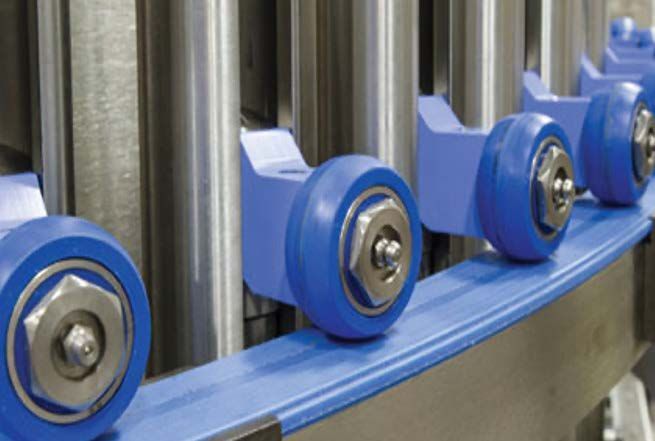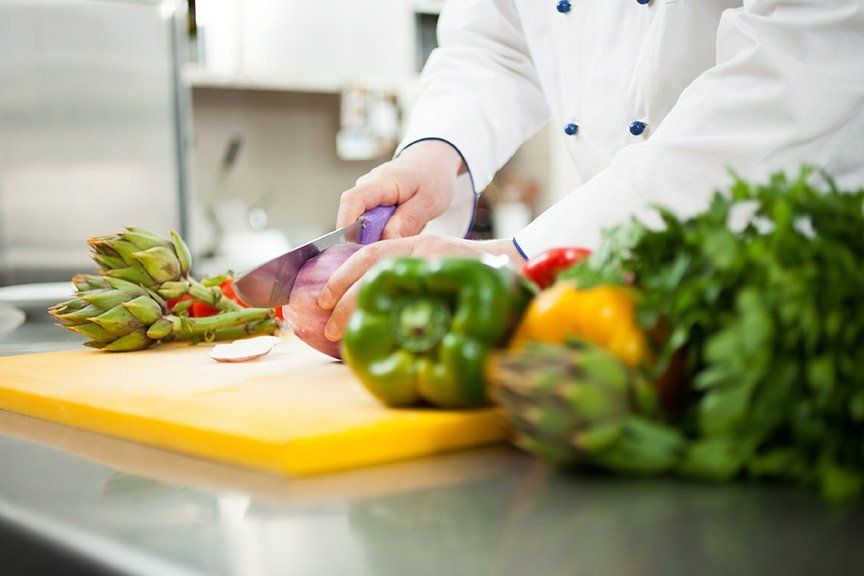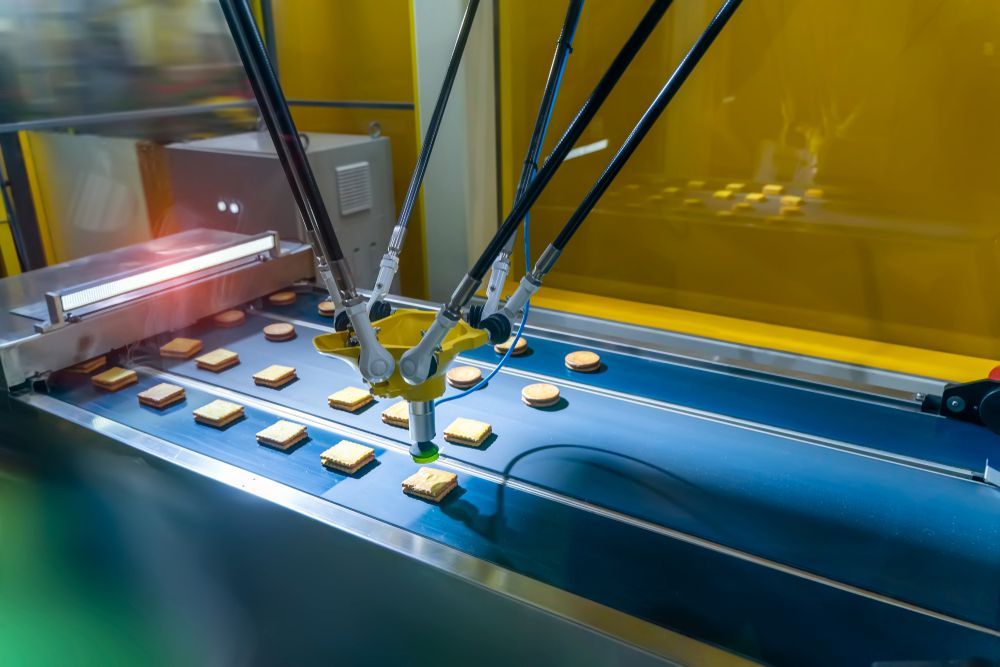Metal Chips or Chocolate Chips! - The Risks of Food Contamination
Despite numerous types of inspection systems and advances in detection technology, metal is still the most common risk for contamination in the food industry.
Traditional materials such as metal and generic polymers just are not good enough anymore. The food
Industry continues to see numerous recalls for foreign particle contamination. In 2015 Kraft Foods recalled 6.5 million boxes of its famous Mac & Cheese. In 2019 Taco Bell recalled 3 million pounds of beef due to concerns over metal shavings and discarded an additional 2 million pounds for fear of safety. In January 2021 Weis Markets recalled nearly 11,000 containers of ice cream.
These are just a few examples of major recalls for Class 1 foreign particle contamination. Even the Pet Food Industry has the same risk of recalls due to contamination. While there is no significant penalty from the government for recalls there is a significant cost to brand reputation often costing millions in direct cost and irreversible reputation damage. Food recalls lead to lost sales, lawsuits, increased compliance cost, and lost production.
While polymer technology has evolved so has the manufacturer of food. The question is, have they evolved together? This answer may not be so obvious. What is obvious is that food manufacturers need material solutions now and polymer manufacturers need to understand the global trends for food compliance. The upfront cost is far less than the cost of lost brand reputation. The right engineered performance polymer can dramatically minimize the risk of contamination. Laird Plastics understands both the food processing industry and the plastics industry to support Food Processing.
Why Polymers Over Metal?
- Emerging polymers that are visual, X-ray, or metal detectable hit the mark
- Polymers are significantly lighter than metals
- Polymers are resistant to chemical wash-downs.
- Lower power consumption can be achieved with polymers
- Exhibit extreme resistance to sliding abrasion
- Outperform metals by 10x
- Polymers do not gall like metals
- Tri-detectable or ultra-detectable




